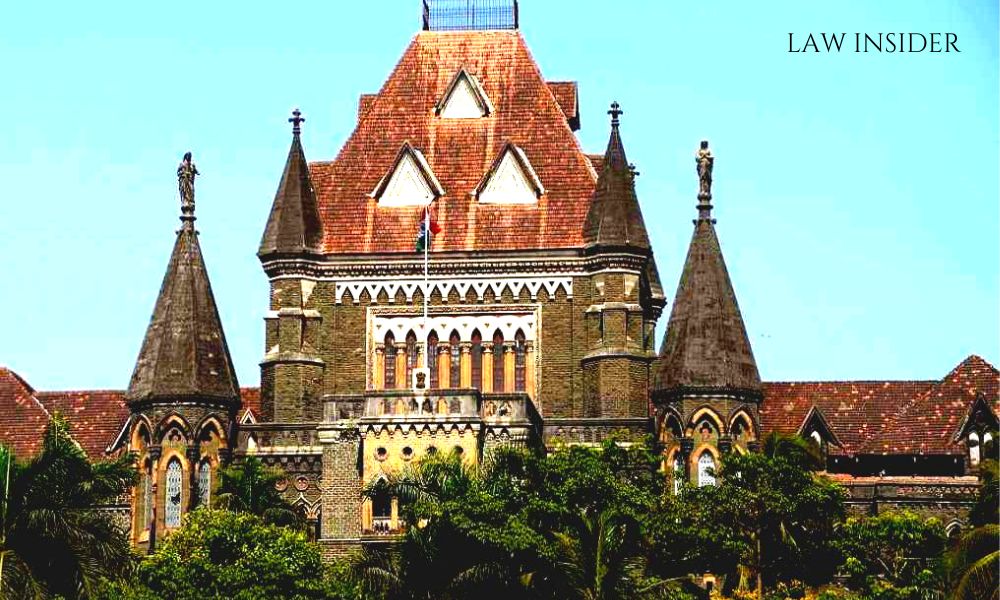LI Network
Published on: October 22, 2023 at 18:16 IST
The Bombay High Court has clarified that individuals can be prosecuted under Section 13(1)(b) of the Unlawful Activities (Prevention) Act, 1967 (UAPA) for their direct involvement in unlawful activities or for abetting them.
The Court emphasized that this provision applies to specific individual actions and behaviors, rather than solely considering organizational affiliations.
The case revolved around a plea challenging the FIR against a member of the Popular Front of India (PFI) regarding actions taken before the ban of the organization.
The petitioners argued that they were being accused of engaging in unlawful activities as members of the banned organization PFI, which was prohibited as of September 27, 2022.
A Division Bench consisting of Justice R.G. Avachat and Justice Sanjay A. Deshmukh examined the matter and clarified that “individuals can even be prosecuted for the commission of unlawful activities or abetment thereof” under the UAPA.
The petitioners contended that the UAPA had been misused to prevent them from obtaining bail. They argued that the activities in question had allegedly occurred a year before the filing of the First Information Report (FIR).
Consequently, Section 13(1)(b) of the UAPA, which pertains to individual activities, not as members of a banned organization, should not have been invoked. They sought the quashing of this invocation.
In response, the prosecution referred to Section 2(o) of the UAPA, which defines “unlawful activity” as actions by individuals or associations aimed at disrupting India’s sovereignty and territorial integrity.
They also highlighted Section 13(1)(b) of the UAPA, which provides for the prosecution of individuals advocating, abetting, advising, or inciting unlawful activities.
The Court carefully examined the contentions, including the relevant sections of the UAPA. It noted that the petitioners’ counsel had not addressed the specific activities allegedly involving the petitioners, which had led to the invocation of Section 13(1)(b) of the UAPA.
While acknowledging the need to prevent the misuse of the UAPA that could infringe on individuals’ constitutional rights, including the right to bail, the Court concluded that the state’s invocation of Section 13(1)(b) was not erroneous. The Court found the petition lacking merit and dismissed it.
This judgment serves as an important clarification that the UAPA’s provisions can be applied to individuals for their direct involvement in unlawful activities or for abetting such activities, regardless of their organizational affiliations.
Case Title: Shaikh Irfan Shaikh Salim & Ors. V. The State Of Maharashtra

